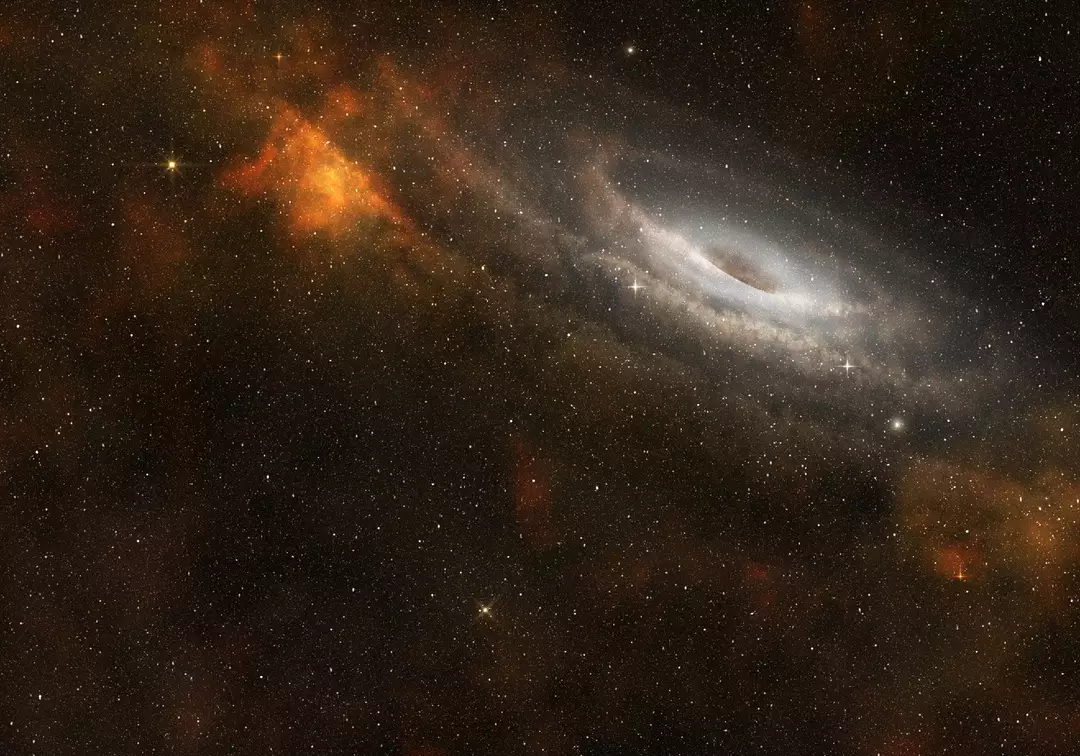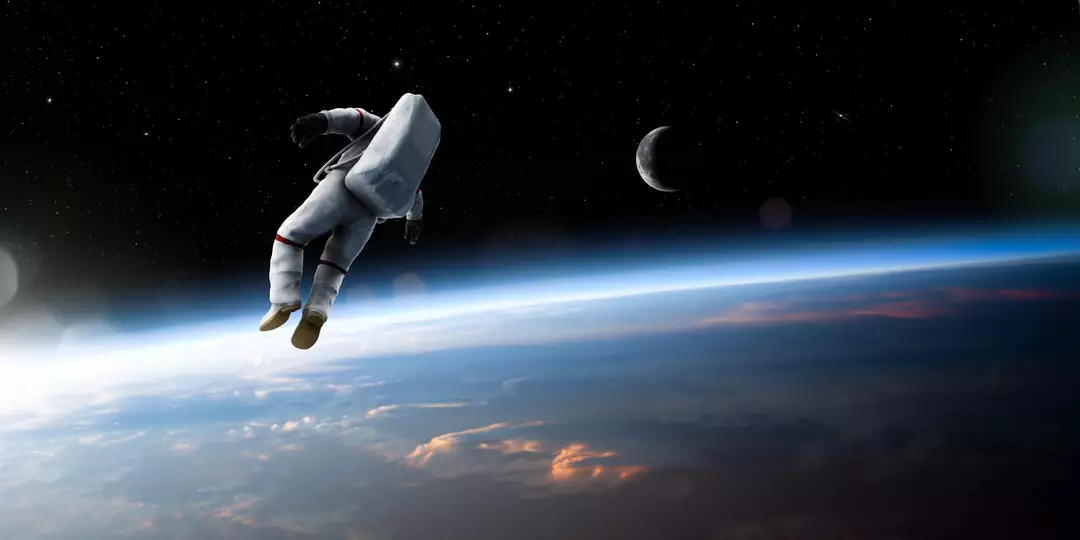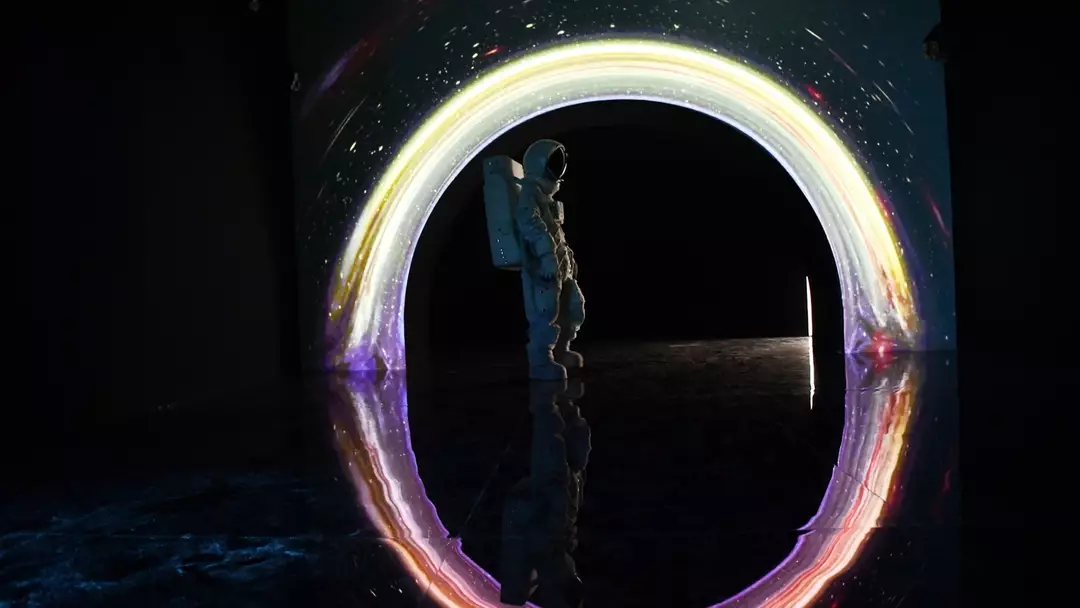Space phenomena often seem otherworldly and beyond our comprehension, with black holes being a prime example.
To refresh your memory, a black hole is defined as “a region of space having a gravitational field so intense that no matter or radiation can escape,” according to the Oxford Languages dictionary.
While black holes are typically thought of as distant and irrelevant to our daily lives, scientists are exploring the possibility that smaller versions, known as primordial black holes (PBH), could theoretically pass through us.
This is certainly not a concept most people have previously considered.
These primordial black holes are hypothesized to have mass ranging from 100,000 times smaller than a paper clip to 100,000 times larger than the sun. Quite a vast range, wouldn’t you say?

Imagine the experience of encountering a black hole.
Let’s delve deeper into this intriguing subject.
Professor Robert Scherrer, a physicist at Vanderbilt University, discussed in his paper that “a sufficiently large primordial black hole, about the size of an asteroid or larger, would cause serious injury or death if it passed through you.”
He likens the effect to being “like a gunshot.”
According to the Big Bang theory, primordial black holes are believed to have formed in the Universe’s initial moments, as clouds of matter collapsed into singularities.
Currently, primordial black holes remain a theoretical concept. The idea suggests that these black holes, originating from the Big Bang, may have been shrinking over the last 13.8 billion years.

Professor Scherrer notes that if a PBH were to pass through your brain, it “would be sufficient to pull apart human brain cells,” as detailed in his work published in the International Journal of Modern Physics D.
Despite the grim possibility, there is no immediate cause for alarm. Professor Scherrer assures us that the event is highly unlikely.
He explains: “A smaller primordial black hole could pass through you, and you wouldn’t even notice it.”
He adds that the density of these black holes is extraordinarily low, making such encounters virtually impossible.
There is, moreover, no documented case of a person being harmed by a black hole. This should offer comfort and perspective on the rarity of such an event.
Rest easy; black holes pose no imminent threat to us… for now!

